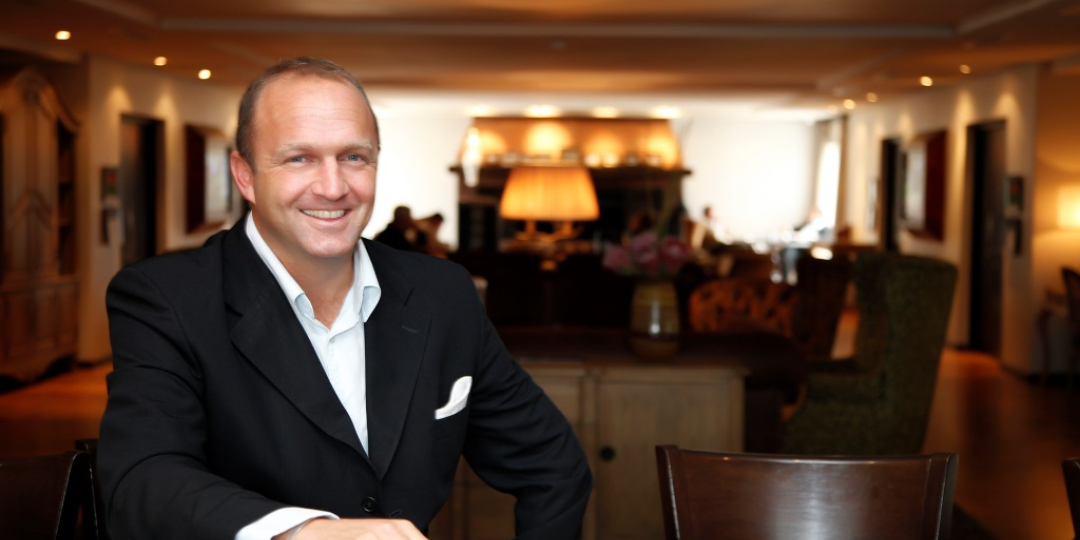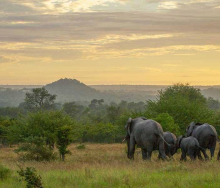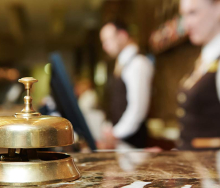The world over, countries that have borne the brunt of the coronavirus pandemic are slowly creeping toward a sense of normalcy. The UK, one of the most harshly affected by COVID-19, is now seeing huge spikes in travel. The Wall Street Journal recently reported that cottage rentals in the UK have nearly doubled over the last year – mainly driven by British travellers. Could it be that local travel will be the answer to save South Africa’s tourism industry too?
It has been a tough year for people in the hospitality and service industry in South Africa, with changing lockdown regulations providing little relief to people working in hotels, restaurants and lodges. But, as I have said before, I believe that the hospitality sector will continue to achieve growth, provided businesses are willing to adapt to newly formed markets and cater for a different wave of customers with different needs. With international travel a possibility only in the coming year, quick adaptation needs to be made for local travel. Instead of appealing to the European or Asian markets, we need to localise our efforts and constantly gauge the interest of domestic travellers in terms of how soon and how far they are willing to travel once bans on leisure travel are fully lifted.
What we as leaders in hospitality also need to give great thought to, is the accessibility of our products to the South African traveller. Are our rates something that people can afford right now? For example, are they accessible to those who have suffered financial hardship during the pandemic, but still want to get away and enjoy a break? It’s my opinion that many hotel groups and other accommodation providers may lower their rates to open up the local industry further, to ensure that the communities around them are more inclined to book a night’s stay, or a weekend getaway.
As hoteliers and business people we know that to discount anything by more than the ‘magic 30%’ often portrays the product badly and potential customers do not take the offering, thinking that there is something wrong with the product. For the next six months or until international tourists return, and taking for granted that our provincial borders are reopened for domestic travel, we need SA travellers to immerse themselves in the incredible offerings that will be out there and become what I call ‘Revenge Tourists’ in their own country.
Discounts, upgrades and incredible value for money will be the order of the day for the next year and I urge all sectors of the SA domestic market to follow suit. We also recently saw one of Cape Town’s top luxury offerings announce the launch of a new restaurant. These kinds of innovations, restaurant experiences, spa experiences, etc, will be pivotal for the survival of tourism.
And the same can be said for business travel. Now is the time for hotels that rely heavily on income from the business sector to ensure that their conference and meeting offerings have adapted fully to the requirements of lockdown regulations. Companies will slowly return to face-to-face meetings – as we have experienced in the BON Hotels properties in KwaZulu Natal – and providing competitive rates and excellent, reliable service is non-negotiable.
While all of these will boost our tourism industry in the coming months, it will not be enough to cover the devastating loss of income from international travel. But perhaps this may be a turning point for travel and hospitality in South Africa.
So, our message is that we should now focus our efforts on local travel more. We have access to thousands of millennials and retired people who are eager to travel and explore within the country. Many of them, however, simply cannot afford the rates at which South African accommodation currently sits. It is well known that many young travellers opt for international trips to places like Bali and Thailand, simply because it is more affordable than travelling within their own country, not because they aren’t interested in local travel. So this is a market we need to attract.
With travel becoming more and more accessible, even through this pandemic, it is time for a monumental effort for us to build on our local tourism even more, and push toward growth in this way if we wish to emerge victorious.
Bio: With an innate enthusiasm, a no-nonsense and often controversial approach to business but with fierce dedication to the hospitality industry, Guy Stehlik's innovative and creative approach has ensured a successful and impressive career spanning many years as a hotelier, hotel owner, businessman and founder of BON Hotels. Affectionately referring to himself as a 'hotel brat', Guy had his first job in the industry at age seven, as a bell boy at the Heerengracht Hotel in Cape Town. After matriculating from Bishops, he went on to study at Stellenbosch University, then at Hotel School in Johannesburg and soon made his way to Cornell University in New York where he was first exposed to and became captivated by the rising art of revenue management and new marketing technologies. Since then, his hospitality career has flourished; Guy established BON Hotels in 2013.















